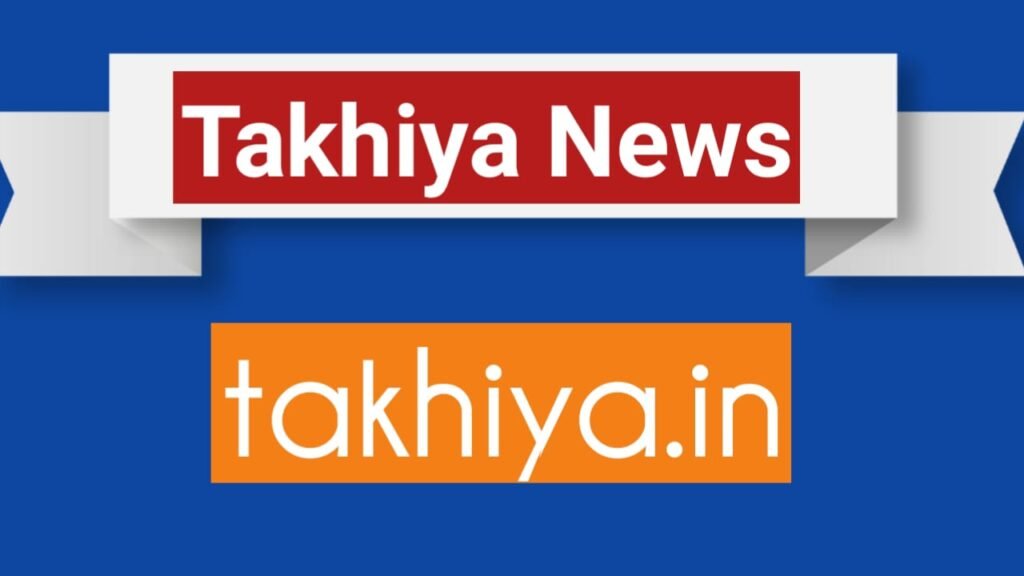E-state Nirman Nigam Tender in India
E-state Nirman Nigam Tendering is a fundamental process in the realms of business, commerce, and governance, serving as a mechanism for acquiring goods, services, or works from external suppliers or contractors. This comprehensive exploration aims to elucidate the multifaceted dimensions of tendering, encompassing its definition, types, processes, significance, challenges, and the evolving landscape in the contemporary business environment E-state Nirman Nigam .

Tendering, often referred to as the tender process or invitation to tender (ITT), entails the solicitation of bids from prospective suppliers or contractors to fulfill a specific requirement. At its core, tendering embodies a structured and competitive approach to procurement, aiming to ensure transparency, fairness, and value for money in the selection of suppliers or contractors.
Types of Tendering:-
Tendering encompasses various types, each tailored to specific procurement objectives and project requirements. These include open tendering, selective tendering, negotiated tendering, single-stage tendering, two-stage tendering, and framework agreements. Each type offers distinct advantages and is employed based on factors such as project complexity, urgency, and market dynamics.

The Tender Process:-
The tender process typically comprises several sequential stages, commencing with the identification of procurement needs and culminating in the award of the contract to the successful bidder. Key stages include pre-tender planning, preparation of tender documents, advertisement and invitation to tender, submission and evaluation of bids, contract award, and post-award contract management. Effective management of each stage is critical to ensuring the integrity and efficiency of the tendering process.
Significance of Tendering:-
Tendering plays a pivotal role in fostering competition, driving innovation, and achieving value for money in procurement activities. By inviting bids from multiple suppliers or contractors, organizations can leverage market forces to secure favorable terms, quality products, and cost-effective solutions. Moreover, transparent and competitive tendering processes enhance accountability, mitigate risks of corruption, and promote public trust in governance and business practices.

Challenges and Limitations:-
Despite its merits, tendering is not without challenges and limitations. Common issues include lengthy procurement cycles, administrative burdens, susceptibility to bid rigging and collusion, and the complexity of evaluating bids based on diverse criteria. Additionally, small and medium-sized enterprises (SMEs) may face barriers to participation in tendering processes, such as stringent qualification requirements and limited access to information and resources.
Evolving Landscape and Emerging Trends:-
E-state Nirman Nigam The landscape of tendering continues to evolve in response to technological advancements, regulatory changes, and shifting market dynamics. Emerging trends include the adoption of e-procurement platforms, the integration of sustainability criteria into tender evaluations, and the utilization of data analytics for bid optimization and risk management. Moreover, collaborative procurement initiatives and strategic partnerships are reshaping traditional procurement models, enabling greater efficiency, innovation, and value creation.

Conclusion:
E-state Nirman Nigam tendering represents a cornerstone of procurement practice, embodying principles of transparency, competition, and accountability. By understanding its conceptual underpinnings, navigating its complexities, and embracing emerging trends, organizations can harness the power of tendering to achieve their procurement objectives effectively. As the business landscape continues to evolve, tendering will remain a vital tool for driving efficiency, innovation, and sustainable growth in both public and private sectors
About This Artical Is Also Available on The Following Most Reputed International Sites You May Go And Get Knowledge About This Notification:-
As Per Organizational News By https://chachchhu.in/

As per organisational News by https://pichhle.in/

As per organisational News by https://felio.in/

As per organisational News by https://khamine.in/
As Per Opinion Artical by https://takhiya.in/

As A View Of https://emiror.in/

As Per Opinion Artical by https://vijaygpoliticalthinker.in/

As per organisational News by https://tumhara.in/

As Per Report by https://khula.in/

As Per review by https://fokal.in/

As per organisational News by https://funsi.in/

As Per Opinion of https://lungii.in/

